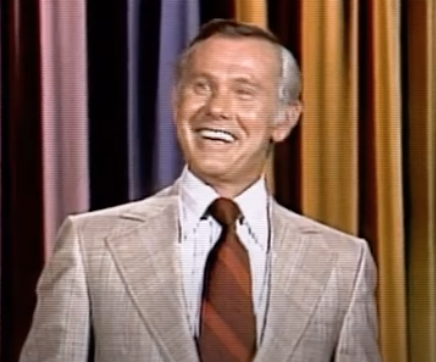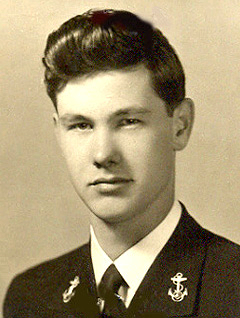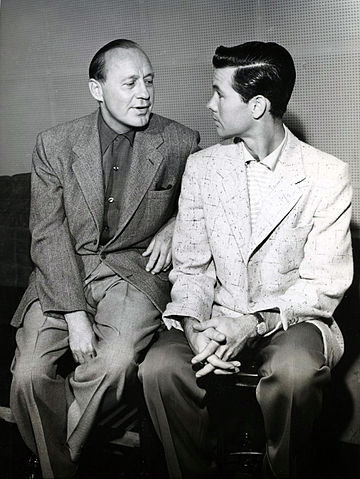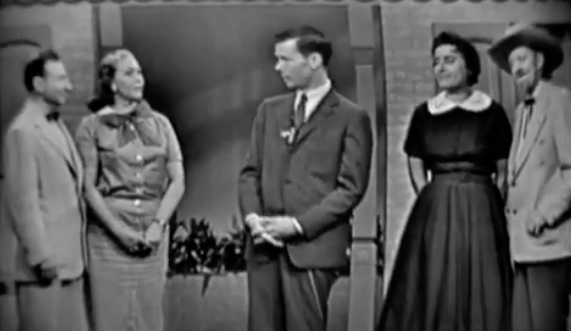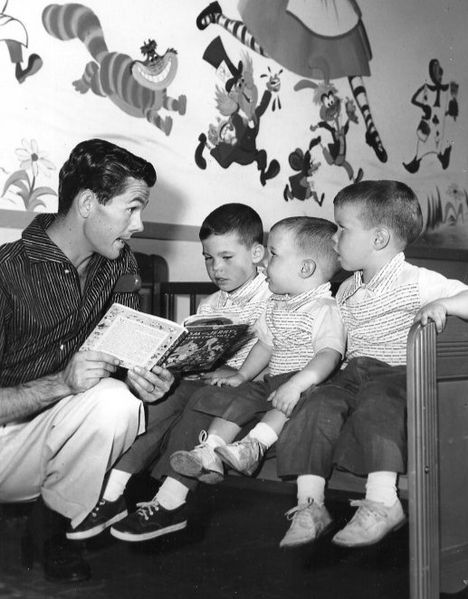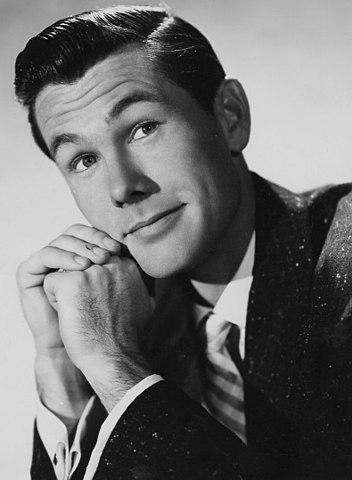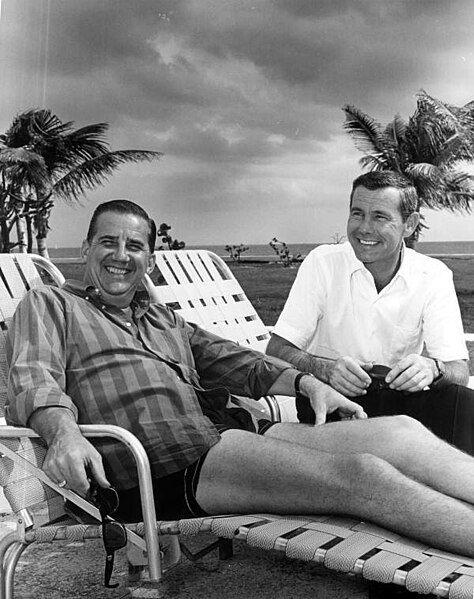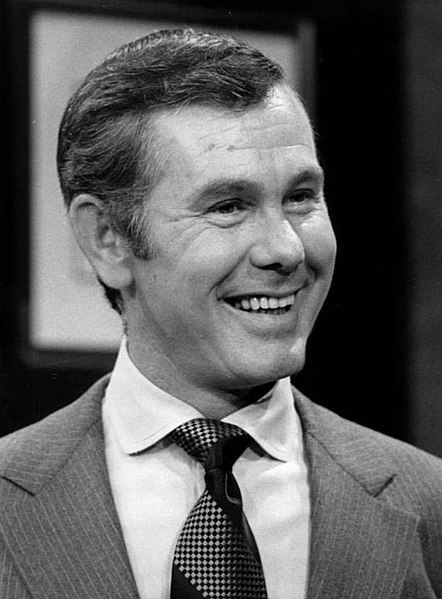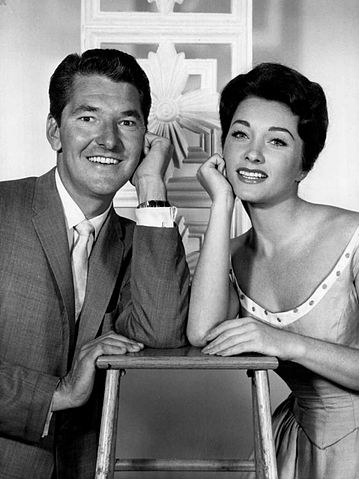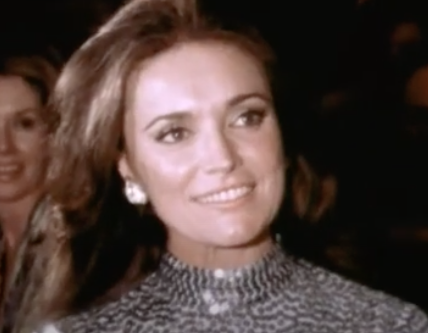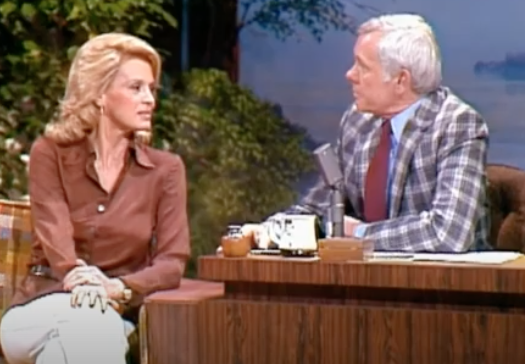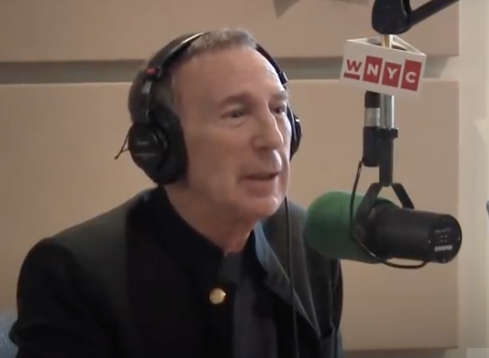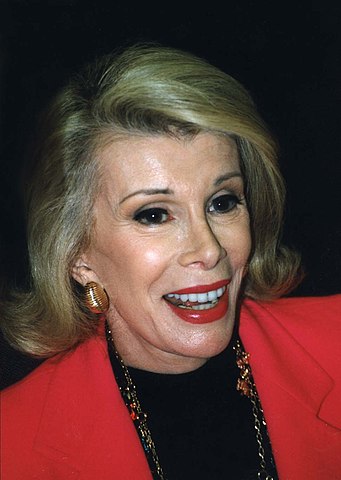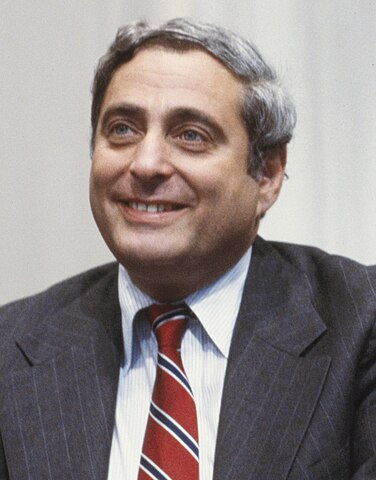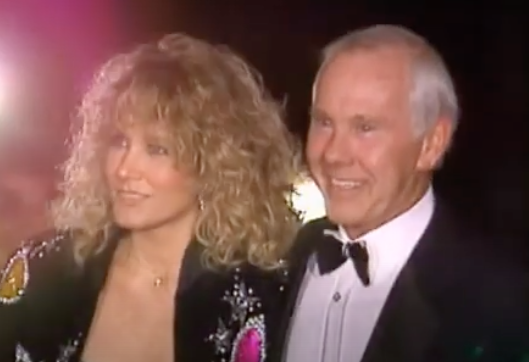The dark reality behind the persona of one of America’s most beloved public figures.
Carson enlisted in the Navy fully intent on participating in action against either Japan or Germany. Instead he wound up in officers training school, first in New York and then at tiny Millsaps College in Jackson, Mississippi. Finally in mid 1945, he shipped out on the battleship, the USS Pennsylvania, headed for the Pacific theater. Despite atomic bombs being dropped in early August and the Japanese surrender, sporadic attacks continued, on August 12, the Pennsylvania was damaged by a torpedo. The ship managed to make it to Okinawa, but twenty sailors were killed, the closest Carson got to mortality during the conflict. After a short time in port, the Pennsylvania then turned around and headed to Seattle. There, Carson, an officer, was placed in charge of a troop train that not only carried veterans back to their homes in various stops across North America, but also carried the bodies of dead combatants, an odorously grim reminder that was unavoidable within the train compartments.
Writing his senior thesis on the topic of, “How to Write Comedy Jokes,” Carson listened to his own recorded tapes of the pre-eminent radio comedians of the day, Fred Allen, Milton Berle, Jack Benny and Bob Hope, endlessly studying their style intent on finding the formula that he could use for his own similar success.
“Who Do You Trust,” was both a different type of game show and a different form of television entertainment. Groucho Marx appeared on the first breakout example of this format in, “You Bet Your Life,” a program spiced up by various hilarious Marx ad-libs. “Who Do You Trust,” a kind of precursor to the Newlywed Game, featured couples interviewed about their lives and interests. Johnny Carson ad-libbed hilariously and even re-enacted some of the hobbies and interests like scuba diving and race car driving in ways that were inventive. Johnny dutifully got into an enclosed water tank on set and even crashed a small car into a stage wall during this portion of the show. Never mind that the program was almost entirely pre-scripted, the ad-libs were contributed by writers and contestants were warned not to ad-lib themselves
The network provided at least a foundation for success, allowing the hire of announcer Condon and Carson’s producer buddy Bill Brennan. But once again the challenges of network television and sponsors stifled Carson’s various talents and attempted to fit him into the current variety show persona. Although a great deal of publicity was generated, including an appearance on the cover of TV Guide, much of the focus was on Carson’s family life, with an emphasis on his wife and children. This was ironic, because much of Carson’s free time was spent keeping late hours with broadcast cronies at various industry watering holes, his wife stuck in their home in the San Fernando Valley, raising a very demanding trio of young boys.
Characteristically, Carson’s personal dysfunction did not affect either his onscreen performance or his ambition. His management team was able to get him two weeks as a vacation replacement for Jack Paar, the current reigning host of NBC’s vaunted Tonight Show and Johnny’s marital difficulties were kept quiet, instead he cultivated a media image of a thoughtful, humble regular guy. He made numerous guest appearances on such popular programs as I’ve got a Secret and the Perry Como Show, becoming what’s known in the industry as a “Personality.” “Who do You Trust,” had served its purpose, Carson in a holding pattern, waiting to land bigger and better things.
This attitude also prevailed when Johnny dealt with the writers of his game show, essentially closeting himself away from them and communicating through the producer. But one individual did manage to crack this seemingly impenetrable veneer. When his initial announcer for the program got a job hosting another game show, this individual suggested Philadelphia television announcer and ex-Marine named Ed McMahon as his replacement. Carson and McMahon had an immediate chemistry, Johnny literally setting the emcee’s script on fire on McMahon’s very first, “Who Do You Trust?” McMahon became more than a straight man, the butt of jokes but clearly an individual that Johnny cared deeply about. For once, this was not some manufactured TV construct. McMahon assumed a critical role in Johnny’s life during this time period, that of his drinking buddy, usually immediately after, “Who do You Trust,” concluded.
But Paar’s fundamental angst remained and within two years, it was announced that he would leave the Tonight Show, on March 30, 1962. He was considered such an irreplaceable fixture at the time that several major stars including Jackie Gleason, Groucho Marx, Bob Newhart, and Joey Bishop all declined an offer to replace him as the Tonight show host. Carson himself also initially declined, believing he wasn’t ready for such a high profile, practically daily situation. Because of the reluctance of the other potential candidates, and because the network and Carson’s manager Al Bruno were becoming more insistent once Paar had an official exit date, Johnny finally agreed. NBC was very enthusiastic, most likely because they did not realize that, “Who Do You Trust,” was the most scripted game show on television, and they allowed Carson to fulfill the final six months of his ABC contract. The network used various guest hosts to run out the clock until October 1, 1962, including Art Linkletter, Jerry Lewis and Merv Griffin, the latter host so good that he got his own NBC daytime show out of it.
Podcast: Play in new window | Download
Subscribe: RSS

